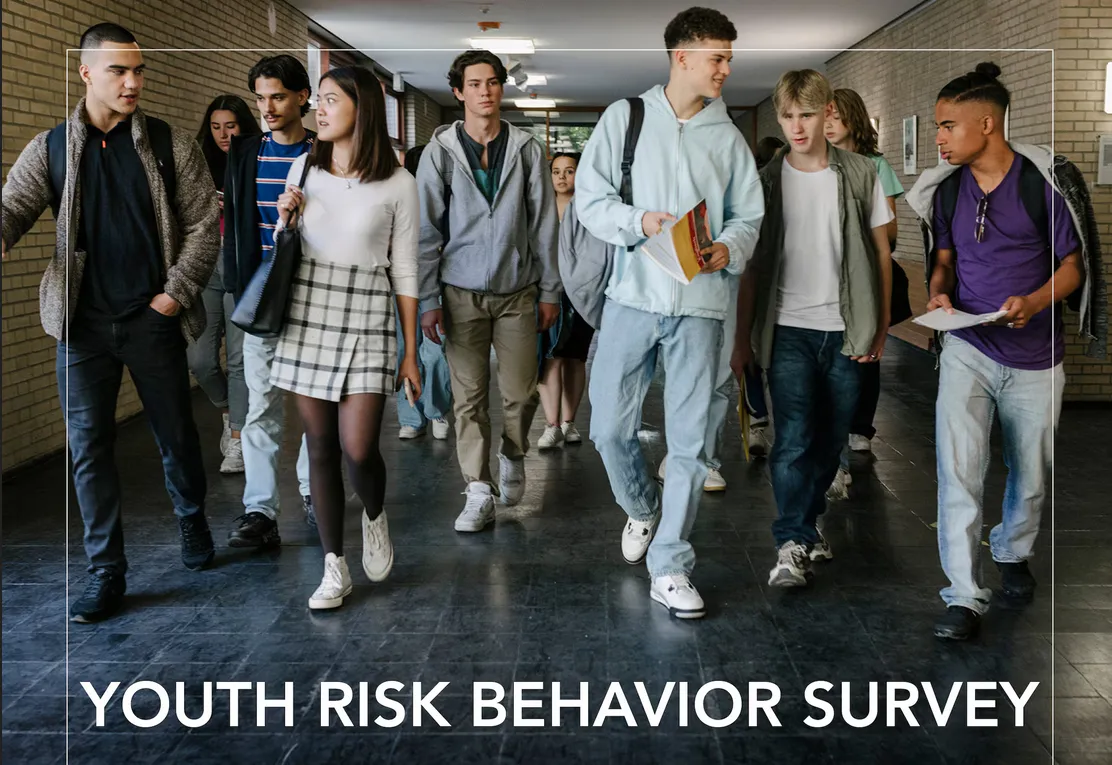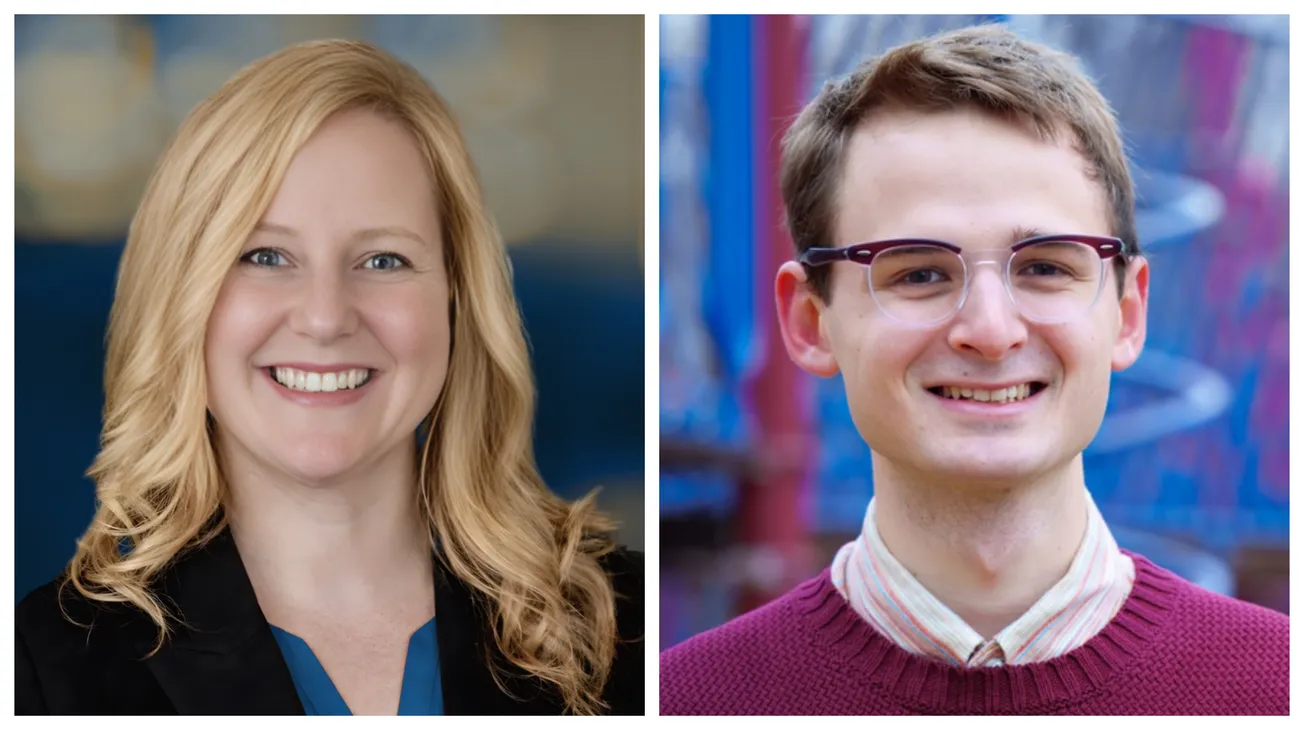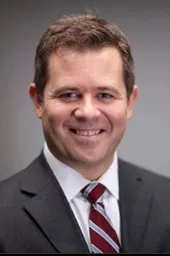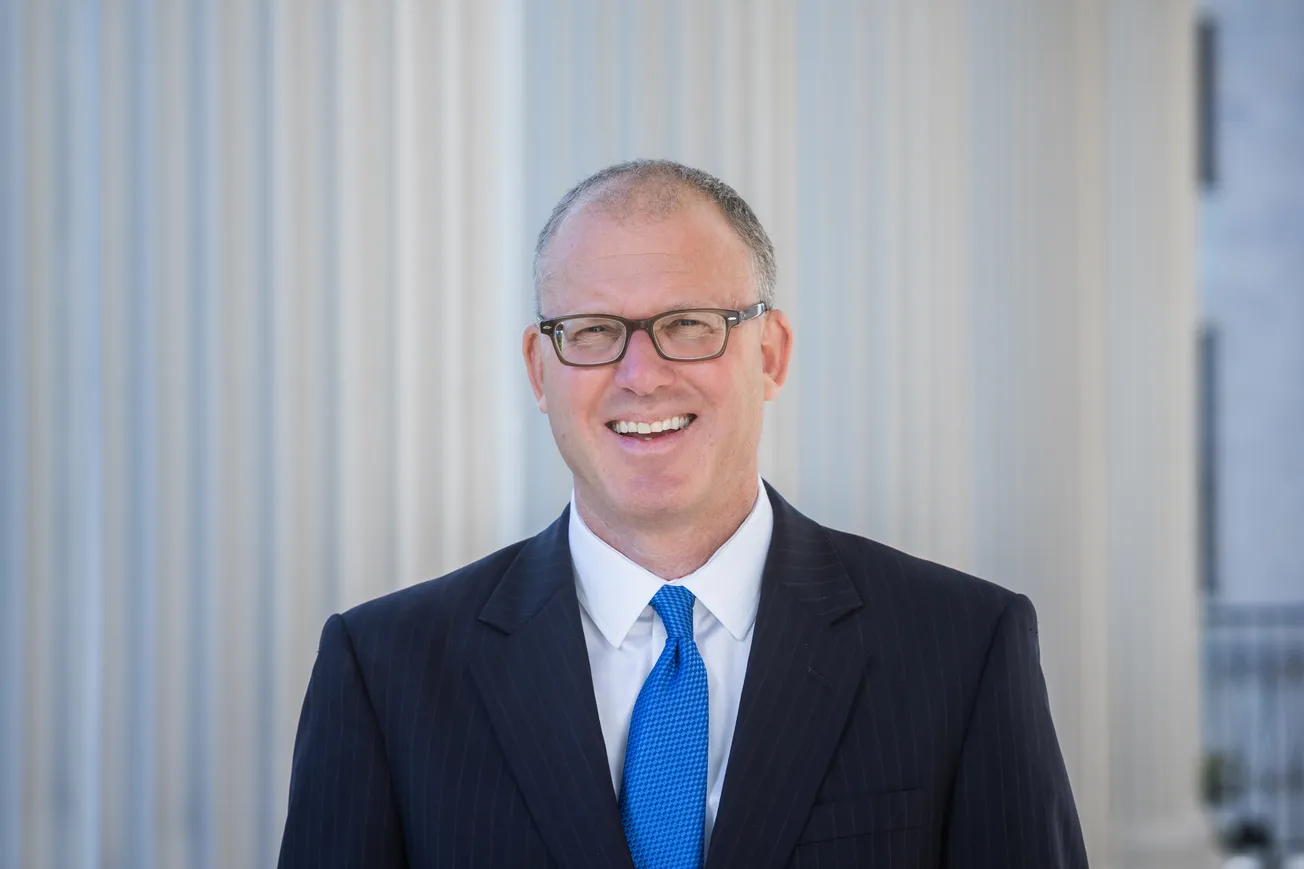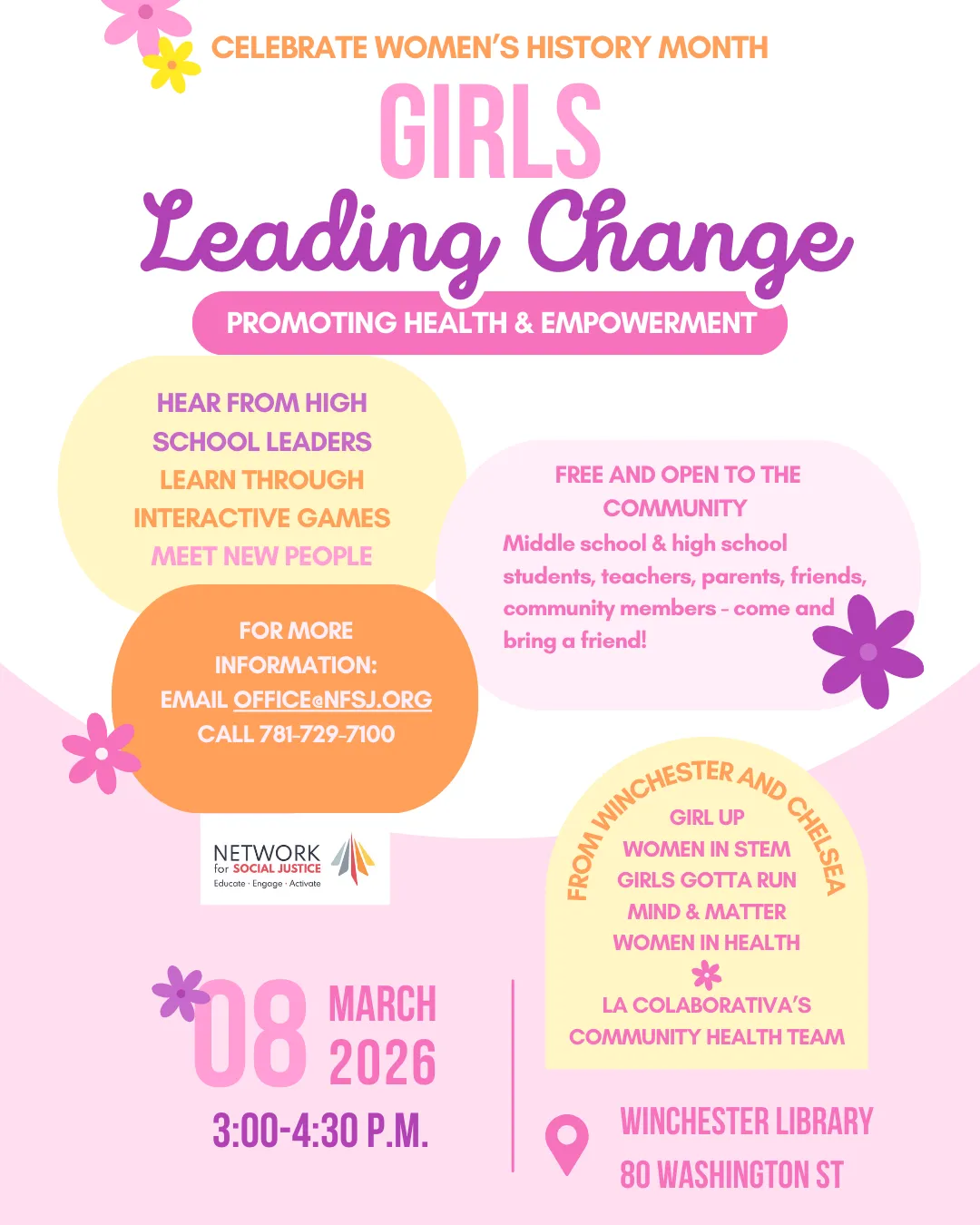Table of Contents
Results from last April’s Youth Risk Behavior Survey have school officials concerned by what middle and high school students reported about their mental health.
Administrator of Counseling, Health & Wellness for Winchester Public Schools Erin Kuehn presented the results at last week’s School Committee meeting. The survey, conducted at the end of April 2023 at both McCall Middle School and Winchester High School, built on the surveys from 2017, 2019 and 2021.
Questions were based on the Centers for Disease Control and Prevention’s Youth Risk Behavior Survey and the Massachusetts Department of Public Health Youth Health Survey.
Kuehn said the goal is to capture data “related to health status and to certain [factors] that have been deemed as putting students’ health at risk in middle or high school.”
Administered online in the spring, every two years, to grades 6-12, the survey covers eight categories: Safety, Discrimination, Violence-related Behaviors and Experiences, Mental Health, Substance Use, Sexual Behavior, Physical Activity and Nutrition, and Protective Factors.
Kuehn’s presentation focused specifically on mental health, self-harm and suicidal behaviors.
The final results included responses from 851 students at the middle school, or 82% of the school’s population, and 1,114 high school students, or 81% of the school’s population.
Of those surveyed, 326 (39%) middle school students and 668 (61%) high school students reported their “mental health was not good sometimes, most of the time, or always in the past 30 days.”
When broken out by gender, these numbers were highest among female and transgender students versus male students; and when broken out by sexual orientation, they were higher in LGBQ+ students than in heterosexual students.
Statistically significant differences among these same groups were seen in other survey questions as well, including questions about stress and anxiety and about feeling “sad or hopeless almost every day for two or more weeks in a row that they stopped doing some of their usual activities in the past 12 months.”
When asked if “students hurt or injured themselves on purpose without wanting to die in the past 12 months,” 54 (6%) middle schoolers and 171 (16%) high schoolers said yes, with statistically significant numbers again seen among female, transgender, LGBQ+ and multi-racial students.
Forty-eight (6%) middle schoolers and 98 (9%) high schoolers “seriously considered attempting suicide during the past 12 months.” At the high school, that percentage had decreased from 14% in 2017.
Finally, eight (1%) middle schoolers and 14 (1%) high schoolers reported they “attempted suicide in the past 12 months,” with statistically significant numbers again seen among LBGQ+ students.
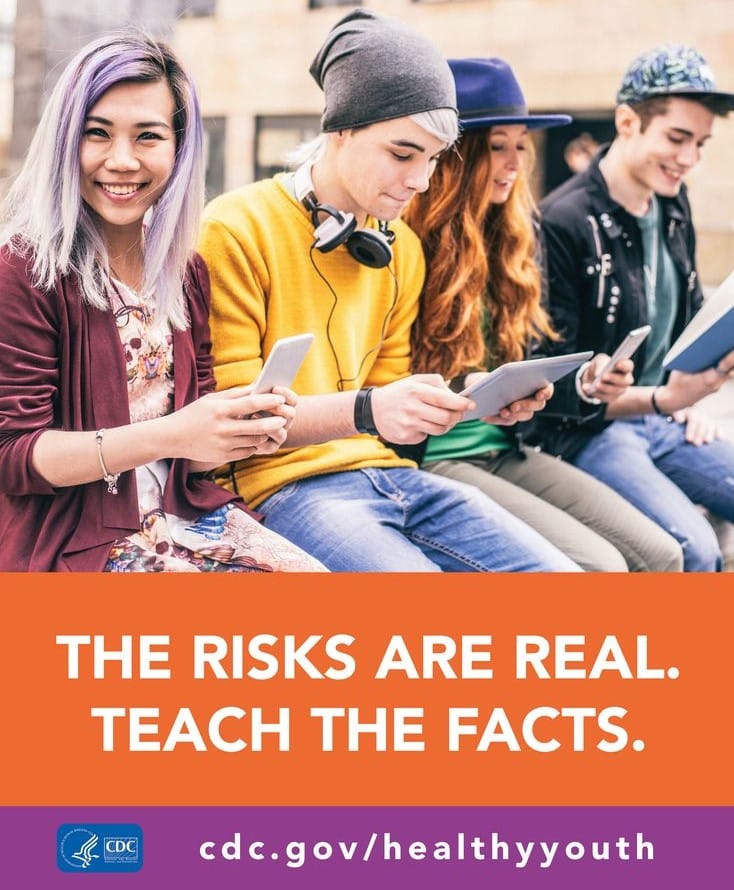
Warning signs
After presenting the results, Kuehn listed some risks and warning signs adults could look out for among kids in the community, including previous suicide attempt; mood or substance use disorder; guns or firearms kept in the house; bullying or other high conflict relationships; painful events like romantic breakups or not making a school team; and high stress environments such as poverty, community violence and intense academic pressure.
Warning signs include feeling hopeless, isolating oneself and withdrawing from friends and loved ones, extreme mood swings and agitation, eating or sleeping more or less than usual, increased alcohol or drug use.
Another warning sign is a teen suddenly feeling better after feeling hopeless or in despair, or giving away possessions to loved ones, as these behaviors can indicate that “a teen has a suicide plan and feels relief knowing they will no longer be in pain.”
Kuehn highlighted some ways the schools are working to support students’ mental health, including social emotional skills development, building structures and routines for students so they feel safe and connected, “promot[ing] affirmative environments and provid[ing] opportunity for students to practice social emotional skills and receive feedback” in the classroom, as well as teaching explicitly about mental health in Health classes and through guest speakers.
The schools all have counseling staff and professional psychologists, as well as “building teams” who “support teachers in their practices identifying strategies and interventions to support students.” In addition, the Partnership program at McCall and LC3 at the high school both provide academic and mental health support to students throughout the day.
Finally, Kuehn noted community resources include PTOs that organize programming and speaker series for parents, the Winchester Coalition, and services such as Advocates for crisis intervention and the William James interface for help finding outpatient therapy.
School Committee reaction
School Committee member Chris Nixon noted it’s usually kids who notice when something is going on with their peers.
“What are we telling students today at McCall and at the high school about what they can and should be doing if they become aware that there’s a friend in crisis?” Nixon asked.
“Overall, we have a pretty high number of students who report they at least have one peer friend they can go to with a problem which is great,” Kuehan said, adding students who are worried about a friend are told to go to a trusted adult, either at the school or to their parents who can communicate with the school.
Kuehn said the schools are “getting the Health and PE teachers trained this summer in youth mental health first aid” and that would “become part of the Health curriculum in sophomore year.”
School Committee member Tim Matthews, describing himself as “the first open member of the LGBTQ+ community” on the School Committee, asked if it was possible to see comparison data from other districts, declaring he has “a very high level of concern viewing these data” and “the fact that the statistically significant comparisons were almost always among LBGQ+ students and transgender students.”
“Are there efforts underway to specifically support [these students]?” Matthews asked.
Kuehn said there is ongoing professional development and professional learning to help teachers and staff better support students. She added she would like to speak more directly to students about their experiences to get more information, and sees the larger effort around social emotional learning as an important piece by “teaching self-awareness and social awareness; and talking about dignity, compassion, empathy, and understanding others’ perspectives.”
Matthews said he would like to help with any efforts to address this disparity.
“We know self-harm, suicidal ideation, general anxiety are present, but why?” he asked. “What is it that’s driving that? How can we tease apart those factors and then target our programming accordingly?”
Assistant Superintendent Jennifer Elineema said the social justice curriculum that’s been in place over the past several years seeks to “normalize the expectation that everybody’s not exactly the same” through learning about and discussing characters and situations in books that are part of the curriculum.
Nixon again brought up the issue of communication.
“I’m disappointed that less than 58% of McCall students feel like they have a teacher or adult they can talk to about a problem. That number was unchanged from the last survey and that is below the average response in the Middlesex league,” Nixon said. “Having someone you know you can talk to is so fundamental to student safety and well-being.”
Superintendent Dr. Frank Hackett noted “we’ve done a great job as a district at SEL support, and psychologist support.”
“We have a lot of supports in place,” he said. “What we’re struggling with now is figuring out how to deliver the Health standards because we don’t have designated time [at the middle school] because it’s a tight schedule. Based on how much we want to do, we need to have a conversation about what the expectations would be which then could translate into a discussion around staffing moving forward.”
“I would argue that conversation should look at what’s going right at Winchester High School, because in four years the number of students who said they feel they have an adult they can talk to has gone up by 40%,” Nixon said. “There could be explicit things like WIN Block that contribute to that. I don’t know that that’s the case, but that looks significant to me.”
Winchester News is a non-profit organization supported by our community. If you appreciate having local Winchester news, please donate to support our work, and subscribe to our weekly newsletter.

